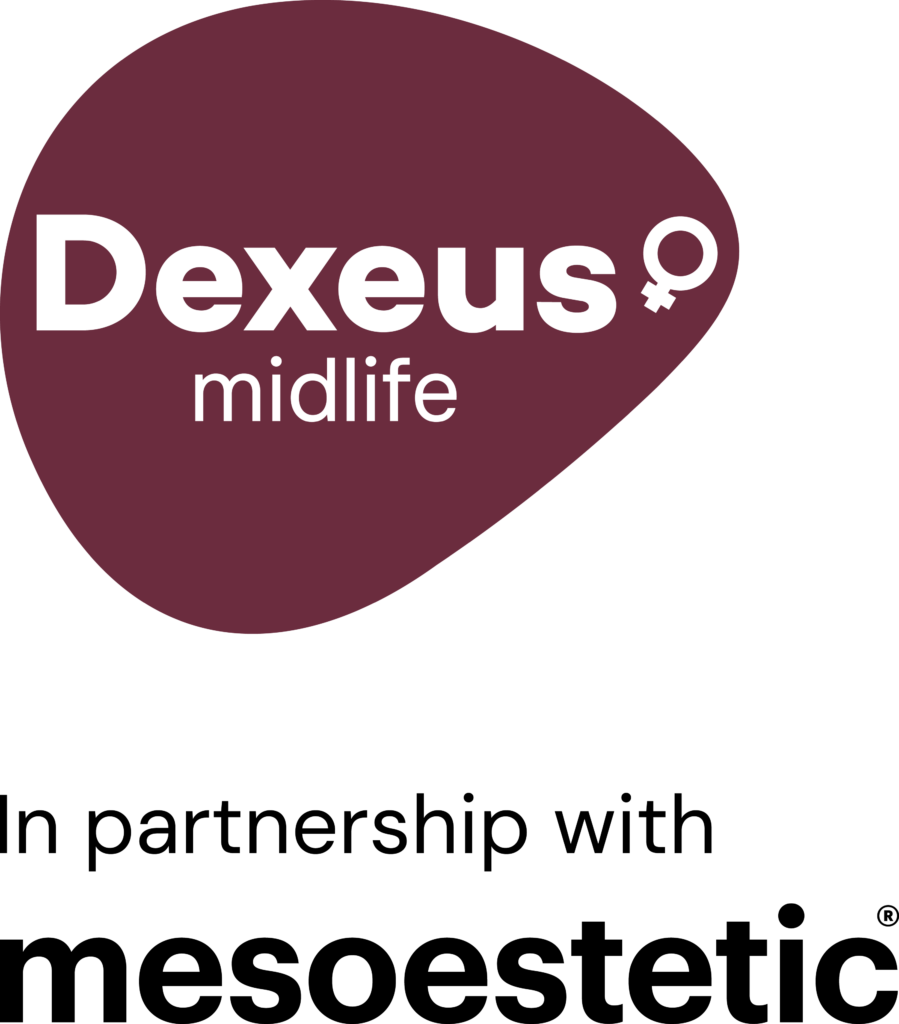We’ve all felt tired at some point. Therefore, we may think it is transitory, due to greater stress because of a tight work schedule, family responsibilities (childcare, caring for older parents), or physical problems, if we have muscle or joint pains, which we attribute to age…
However, the feeling of fatigue and lack of energy is a very common early symptom of menopause, which can help establish diagnosis and detect other related problems.
In addition, oestrogen helps to regulate other hormones, such as serotonin, which influences mood and energy. When these decrease, serotonin also does so, which can affect energy levels. If we add sleep problems, frequent in menopause, decreased muscle strength and other disorders of this stage, it is understandable that we lack motivation and drive, or that we feel exhausted or not very lively.
The solution? The first thing to do is consult a menopause expert to give an overall assessment of the state of health and from there determine which treatment or treatments can help us to gain vitality. Taking care of your diet, doing strength exercises, reorganising your agenda and regularly engaging in physical activity are other useful tips.
Treatments for fatigue
Integrative menopause medical consultation
Integrative menopause medical consultation
This is a consultation by a gynaecologist specialising in women's regenerative and functional gynaecology....
Read moreAdvice consultation on menopause
Advice consultation on menopause
Menopause is a natural stage in women's lives that deserves to be experienced with vitality, optimism and confidence. At Dexeus...
Read moreHormone therapy
Hormone therapy
Hormone therapy has been proven to be safe and efficient and is the most effective way to alleviate the symptoms...
Read moreNatural treatments
Natural treatments
Natural treatments and therapies have been shown to be helpful in treating some common menopausal symptoms. Most can also be...
Read moreFAQs
Doesn't exercising increase tiredness?
No. But you should do a kind of exercise that you like and do it moderately. The important thing is regularity. Exercising helps to release endorphins, which help reduce stress and anxiety, protect cardiovascular health and improve sleep. It also strengthens muscles and bones, and provides vitality.
Which activities are the most recommendable? And how often should they be carried out?
It must be adapted to each person and their physical state. You must also take into account whether you have already done certain physical exercises before or if you are not in the habit. Dancing, walking (hiking or normal walking) and aerobic exercises help to strengthen and maintain bone strength. Weight training also improves muscle tone and strength. Pilates and yoga improve elasticity and provide mental well-being, and swimming tones muscles, relaxes the body and protects cardiovascular health. About 30 minutes every day or at least 60 minutes 3 times a week is enough.
How does hormone therapy work in these cases?
Hormone therapy can improve sleep and reduce low mood and anxiety, symptoms that can influence energy levels. It can also help maintain muscle and bone strength. If you are already following a hormone treatment and even so you feel very tired, consult a gynaecologist who is an expert in menopause.
How does diet influence it? And what nutritional guidelines are recommended?
Diet must be adapted to the needs of each patient. But it is important that it is balanced and varied and that it includes daily foods rich in calcium, quality proteins (pulses, lean meats, fish), seasonal fruit, vegetables, and slow-releasing carbohydrates, such as grains and whole wheat bread, which provide energy. As for fats: virgin olive oil, natural nuts, without added salt and not roasted, and omega 3 fatty acids (present mostly in salmon, anchovies, sardines, etc.). Although carbohydrates are needed to obtain energy, eating many refined white carbohydrates, such as white bread, pizza and white rice, can cause energy fluctuations, which affect your mood.

